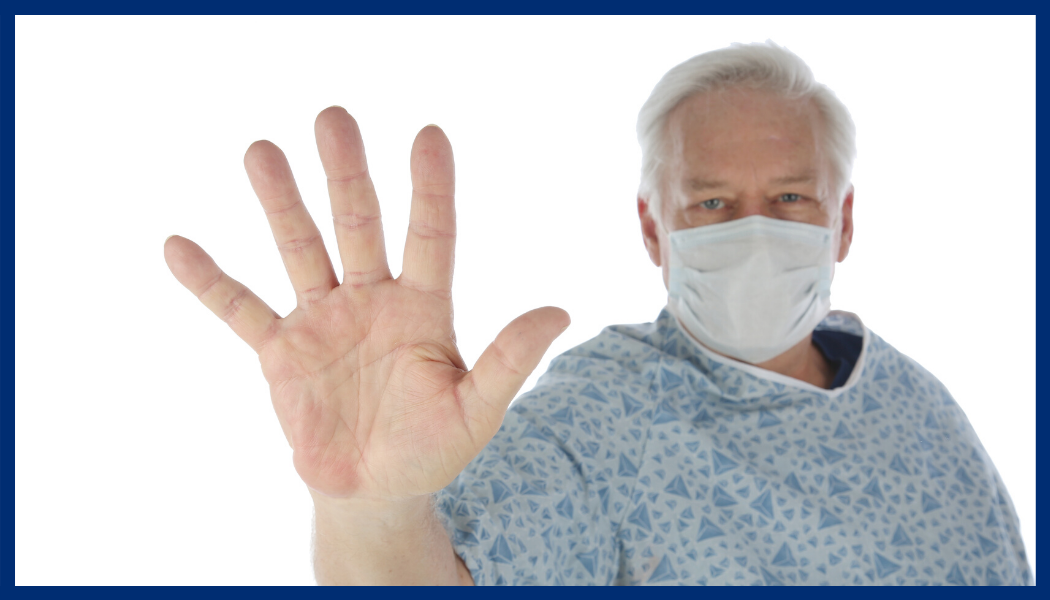What Should Cancer Patients Do to Prevent Covid-19 Infection?
The pandemic associated with coronavirus disease COVID-19 is particularly dangerous for someone with cancer, whose body’s primary defense mechanism, the human immune system, is weaker than that of a healthy person. Simply put, so-called immunosuppressed individuals are at higher risk of being infected and, if the disease is acquired, they often have worse outcomes.
Although multiple therapies are under development, up to today, no drugs have shown clinically satisfactory antiviral effect on COVID-19. Additionally, vaccines against the SARS-CoV-2 virus that causes the disease are months away from being available for massive immunization. Therefore, considerable proactive precautions and strict measures should be taken by all cancer patients. Remember, prevention is always better than treatment and vaccines will take more time to research, develop, produce and distribute.
COVID-19 is quite different from other viral diseases known around the world by scientists, doctors and nurses. We must learn how to prevent and treat it, and be guided by best practices from experts in countries most and best experienced in confronting the novel coronavirus.
The National Foundation for Cancer Research will search, identify and post to our website actionable information pertaining to COVID-19 that is beneficial for cancer patients.
We are in this fight together, and in tandem we will defeat the virus—and cancer!
Prevention Tips Cancer Patients Should Follow:
- Stay at home and diligently follow social distancing rules when you have to be outside. This will significantly reduce your risk of infection, which may make the difference between life and death for certain cancer patients.
- No hand shaking, and diligently wash your hands with soap or apply sanitizer to them every time you touch unclean surfaces either inside or outside your home. Direct contact with contaminated surfaces is the most frequent way of people getting infected by the coronavirus. Even self-quarantining won’t succeed to its fullest extent possible without diligent and frequent hand-cleaning.
- Set up a sanitizing zone in your home to change clothes and shoes before stepping into other clean areas of your house, and wear separate clothes and shoes for activities outside your home. This is an added layer of protection for cancer patients.
- Wear a face mask in crowded or small and enclosed places, such as hospitals, airplanes, subways or buses. Thirty to 60 percent of infected persons don’t have symptoms; someone may look and act healthy but can be just as contagious as a highly symptomatic individual. Wearing face masks will better protect you from hidden infection sources, as well as prevent you from touching your own mouth and nose—which, along with eyes, are the virus’s entryways into the body.
- Eat well and get plenty of sleep, which helps to keep your immune system in good shape. In the next few months, weight loss shouldn’t be your top priority. You need to take in abundant amounts of water and foods with plentiful protein, along with high levels of fresh vegetables and fruits. Nutritious meals and snacks could provide the building blocks necessary for your body to make antibodies and other tools to prevent and fight against the coronavirus.
A world without cancer is possible. Help us turn lab breakthroughs into life-saving realities.

5.7 Million+
Donors who have fueled NFCR’s mission

$420 Million+
Invested in high-impact research & programs

36+ Labs & Hundreds of
Nobel Laureates & Key Scientists received NFCR funding, driving breakthrough research













